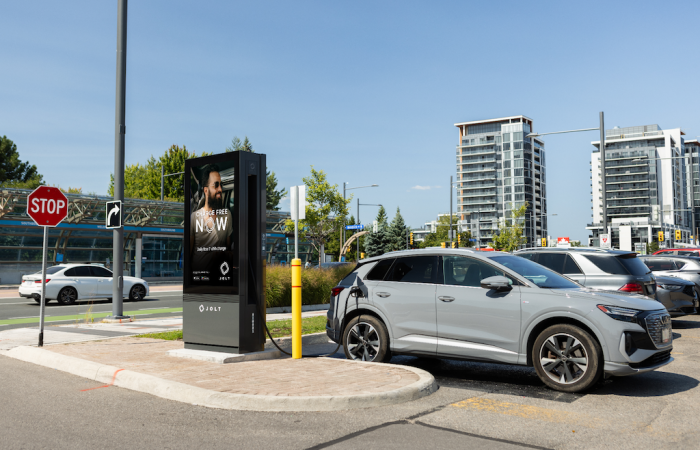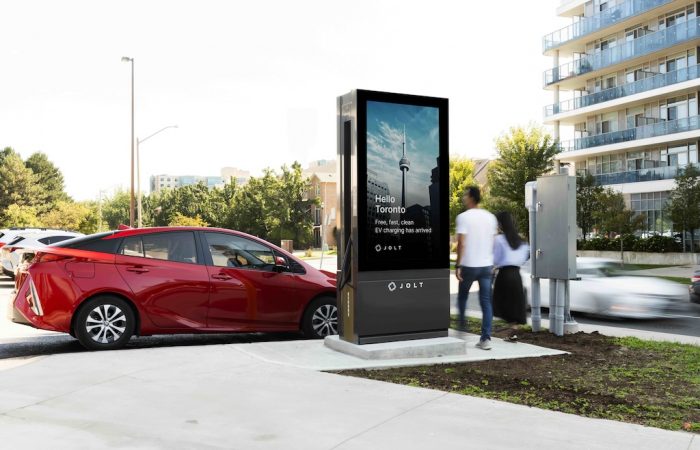The popularity of electric vehicles is on the rise, and for several reasons.
One reason for the rise in popularity is the increasing urgency over protecting the environment. While electric vehicles have a carbon footprint, it is typically much smaller than that of gas-powered vehicles. Although batteries still need to be charged, you can do this with sustainable energy sources, which cannot be said for vehicles that must use fossil fuels to run.
Another reason for the increase in popularity is that towns and city centres are more welcoming of electric vehicles than they are gas vehicles. Unfortunately, where congestion is high, air pollution also tends to be high, so numerous cities worldwide have taken to charging gas vehicles to have access to certain parts of town or for them to be banned from such areas altogether.
Then there’s the matter of performance. Electric vehicles typically have a lot of torque, making for impressive acceleration, while they can also achieve high speeds. Batteries are also lasting for longer than before, thanks to technological developments, helping to make electric vehicles more practical.
Finally, there are running costs to consider. Fewer moving parts also mean that electric vehicles require less maintenance and repair. There’s also fuel to take into account, which leads to the question of how much it costs to charge an electric vehicle in Canada.
Battery Capacity
When considering the cost of charging a battery, you should also consider the size of a battery. Just because a particular battery pack might be costing more than others to charge, it does not necessarily make it more expensive.
The reason is simple – some battery packs will hold more electricity than others. So, while a battery might cost more to fill up, it might also be able to power the vehicle for longer, making it more cost-efficient.
One of the great things about electric vehicles is that you can charge them from the comfort of your own home. Just plug your vehicle into the mains electricity supply when you get home, and your battery will charge up over the evening, ready for you to use when you need it in the morning.
How much it costs to charge your electric vehicles in Canada depends on various factors in addition to battery capacity. Other factors include the rates where you live, your vehicle’s fuel efficiency, and how you drive it.
A study has shown that the average cost of charging an electric car is just over CAD 270/per year on average. The study put Canada in 37th place out of 50 countries surveyed. The survey used variables such as an average charging time of four hours, an average range per charge of 150 miles, and an average mileage of 10,000 miles annually.
Public Chargers
Not everybody can charge electric vehicles at home. For example, many people won’t have driveways or garages to park their car while charging from their power supply. This lack of ability to charge from home means that they will need to use public chargers instead.
The cost of public charging in Canada varies with pricing around $1.00/hour for a level 2 charger, and level 3 chargers will cost $15/hour. However, that does not mean a level 3 charger costs $15x more than a level 2 charger. The main difference is that a level 3 charger charges quicker, meaning a full charge will take less time than a level 2 charger does.
For example, with JOLT you can get 7khw free every day. After your daily free charge, helping to save more than $800 annually. With such a great deal from Jolt, some users will spend relatively little on charging their cars, making them even more appealing.
Electric vs Gas
The burning question for many people is just how much money they will save in running costs if they switch to electricity. Again, there’s no single answer to the question as there are various variables in play. However, the amount the average person will save is quite significant.
At the time of writing, gas prices in Ottawa are around CAD$1.50, at which price it will cost more than CAD$2,500 to drive 20,000 KM. However, travelling the same distance with an all-electric Chevy Bolt will cost around CAD$430.
Summary
There is still reluctance from many people to adopt electric vehicles. However, with the Canadian government pushing for all light-duty vehicles to be emission-free by 2035, people will need to make the switch eventually.
Those considering the switch will likely be encouraged by the considerably lower running costs of electric vehicles. Solutions such as JOLT’s free fast public charging network will help Canadians save hundreds of dollars every year on the typical cost of EV charging.




